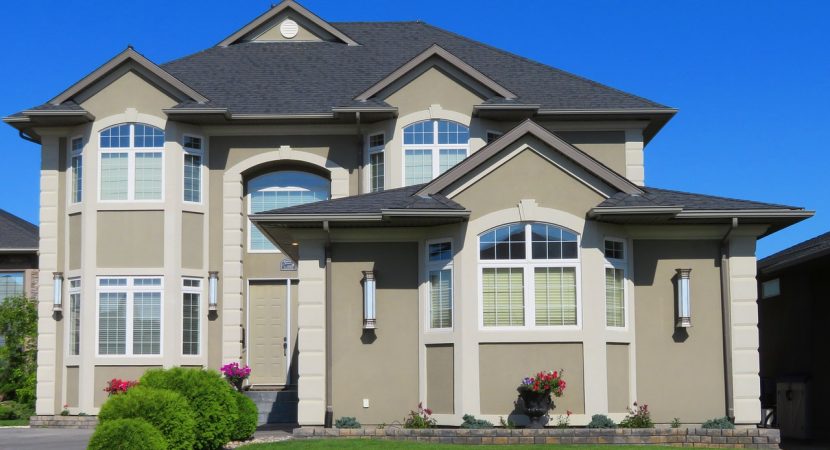When you buy a home, a mortgage interest rate helps determines how much you will be paying monthly and how fast you will be able to pay it off. Even a fraction of a percent could mean thousands of dollars over the life of your loan. Average mortgage interest rates are always available from banks, but the actual rate on your home loan will come from a lender.
If you are interested in buying a home, talk to a professional estate planner to figure out what would be best for your financial situation. The fact is that mortgage interest rates vary and there are several factors that affect it.
- Your Credit Score
Your credit score is the cumulative result of your credit history and how you’ve previously dealt with loans or debt. Higher credit scores can be eligible for lower interest rates. When you have demonstrated that you are a trustworthy borrower by consistently paying your credit card and any other loans each month, your credit score will reflect that.
This is the biggest indicator or your reliability to pay back the loan and will likely have the greatest effect on your interest rate. Ideally, you want a credit score above 750. If it is not there yet, there are ways to improve your credit score.
- Debt-To-Income Ratio (DTI)
Debt-to-income-ratio is how your monthly debt payments compare to your monthly pre-tax income. A smaller percentage is preferred because borrowers with fewer financial obligations are less likely to miss a payment on a loan.
- Amount of Down Payment
The more money you put down upfront, the lower your interest rate will be because you have more stake in the property. Lenders will view you as a lower risk. A larger down payment also means that you will have a lower overall cost to borrow, saving you more money in the long-term.
- Length of Loan
Shorter-term loans have lower interest rates and lower overall costs, but higher monthly payments. For example, 30-year loans have higher interest rates than 10- or 15-year mortgages.
- Loan Type
Typically, lenders decide on which type of loan to offer based on the different eligibility requirements. There are fixed-rate mortgages that lock in the same interest rate for the entire repayment term, and adjustable-rate mortgages (ARM) that will change over time. There are also government-insured loans like FHA and VA loans, and conventional home loans that are not guaranteed by the federal government in any way.
- Location of the home
In general, places with a higher cost-of-living will also have higher interest rates. For example, one property would not have the same interest rate in California as it would in Kansas.
- Property type
A new townhouse will likely have a lower interest rate than an older home. A condo may have a higher interest rate than other properties that depend on other unit owners for maintenance.
The general interest rate market and your assessed level of risk as a borrower impact the interest rate the lender charges you. Improving your credit score and making a maximum down payment can ultimately save you money on your mortgage.


